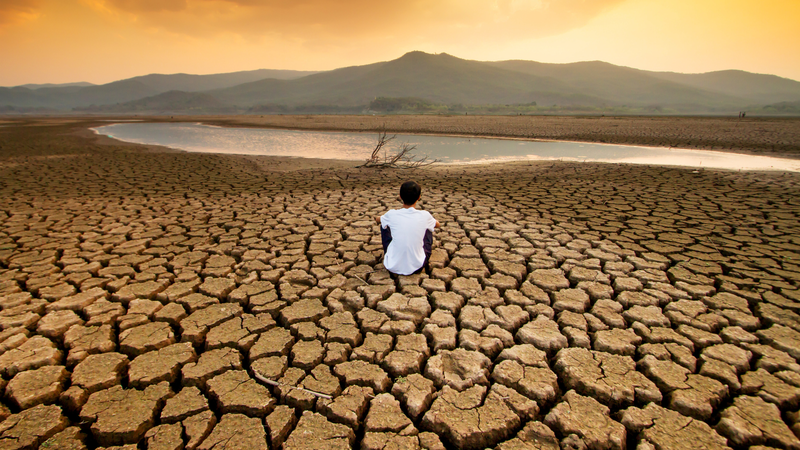Drought in the Horn of Africa: IGAD Executive Secretary Appeals for Urgent Humanitarian Response
Recent heavy rainfall might not reflect the overall performance of the season; 47 million people still highly food insecure.

March 27, 2023, Nairobi (Kenya): For the past two years, the IGAD region has faced unprecedented challenges due to a persistent and prolonged drought, marked by five consecutive below average rainfall seasons. The heavy rainfall recently recorded might not reflect the overall performance of the season. The drought is not over yet, and member states must remain vigilant.
The consequences of the drought are terrible: severe water and pasture shortages, one million displaced people, over 10 million livestock and wildlife deaths, reduced crop and livestock production, all of which are increasing food insecurity. In some pastoral and agropastoral areas of Ethiopia, Kenya, and Somalia, the risk of famine is real.
The Executive Secretary of the Intergovernmental Authority on Development (IGAD), Dr Workneh Gebeyehu, notes with concern the deteriorating situation: “47 million of our brothers and sisters are highly food insecure (IPC Phase 3 and above*) and some risk dying of starvation. 70% of these 47 million people live in Ethiopia, Kenya, and Somalia. This is why, today, we solemnly call on the international community to help us prevent a major humanitarian disaster by committing requisite resources to save lives and livelihoods in the short-term, and continue investing in resilience building in the medium and long-term”.
Appeal
- ETHIOPIA needs US$ 710 million to provide support to key sectoral needs in the coming four months.
- KENYA requires US$ 378 million to provide food, water, and vaccination to the affected counties until October 2023.
- SOMALIA needs US$ 1.6 billion to provide food and non-food items to the drought affected communities and Internally Displaced People (IDPs).
Dr Workneh Gebeyehu added: “Our recovery will require resources and time, and we must work to prevent future disasters from having such severe impacts”. Therefore, IGAD has outlined mid to long-term priorities to make the region more resilient and sustainable:
- More investment in climate resilience and water infrastructure, including tapping in ground water resources.
- Climate resilient food systems, sustainable, and clean energy transition.
- Pro-active climate and disaster risk management as opposed to reactive emergency and crisis response.
- A regional and national multi-hazard early warning system centred around people to act before disasters strike.
- Pre-finance actions to help communities build assets and sustain their livelihoods in a resilient and sustainable manner.
- Operationalize the IGAD Disaster Response Fund to support member countries in an emergency.
- Finally, strengthen our disaster risk governance capacity to ensure timely and effective responses to drought and other disasters in the region.
End -
Media Contacts:
Nicolas Bellet, Senior Communications Officer, ICPAC: nicolas.bellet@igad.int
Nuur Sheekh, Spokesperson for the IGAD Executive Secretary: nuur.sheekh@igad.int
Notes to editors:
IGAD Climate Prediction and Applications Centre (ICPAC) is a designated Regional Climate Centre accredited by the World Meteorological Organization that provides climate services to 11 East African countries. It aims at creating resilience in a region deeply affected by climate change and extreme weather.
*IPC Phase 3 or above. The Integrated Food Security Phase Classification (IPC) is a set of standardized tools used to classify the severity of food insecurity using a widely accepted five-phase scale: Minimal (IPC Phase 1), Stressed (IPC Phase 2), Crisis (IPC Phase 3), Emergency (IPC Phase 4) and Catastrophe/Famine (IPC Phase 5).
